Lagos, Nigeria – A non-governmental organization, Corporate Accountability and Public Participation Africa (CAPPA), has launched a scathing attack on the Lagos State Government’s push to privatise water services, labelling the process “anti-people” and a fundamental violation of residents’ rights.
Cablenews24 reports that in a strongly worded statement issued Wednesday, Corporate Accountability and Public Participation Africa (CAPPA) denounced the state’s Public-Private Partnership (PPP) scheme for water supply, dismissing a recent government advocacy workshop as a “sham public relations exercise.”
CAPPA’S position is coming on the heels of a two-day workshop convened last week by the Lagos Water Corporation (LWC) titled “Attracting Investment for Improved Water Supply in Lagos State through Public-Private Partnership.”
The event saw pledges from State Assembly members to fast-track legal amendments favouring investors and confirmation from the Office of Public-Private Partnerships that a pilot concession covering roughly 10% of water assets was the “first concession” planned.
CAPPA, however, asserted that the workshop was fundamentally disingenuous. The group revealed that the Lagos State Government had already issued a Request for Proposals (RFP No. LSWC/BFOT/001/2025) before the workshop, inviting private bids to rehabilitate, upgrade, operate, and maintain mini and micro waterworks under a Build-Finance-Operate-Transfer (BFOT) model.
“Genuine stakeholder engagement must precede, not follow, major policy and investment commitments,” stated CAPPA Executive Director Akinbode Oluwafemi. “By inviting bids first before democratic consultation, the Lagos State Government has shown contempt for accountability and treated residents as afterthoughts. We therefore reject both the process and its underlying premise.”
CAPPA accused the state of a long-standing fixation on privatisation, pointing to several recent examples of opaque dealings:
An April 2025 Memorandum of Understanding signed with US-based Belstar Capital and Turkey’s ENKA for water projects, lacking public details on scope, financing, or terms.
The June 2024 launch of the “Lagos Water Partnership” (LWP), described by CAPPA as a “hollow platform” and “tokenistic box-ticking exercise” launched after contracts were signed with the Resilient Water Accelerator (RWA).
The group also directly countered LWC Managing Director Mukhtaar Tijani’s claim that PPP “is not privatisation.” CAPPA argued that BFOT concessions and similar models are forms of privatisation, as they transfer operational control, tariff-setting power, and workforce decisions to profit-driven entities, citing the mass sacking of over 800 LWC workers last year as evidence of the model’s consequences.
CAPPA dismissed Tijani’s references to PPP “success” in countries like Rwanda, South Africa, Uganda, Morocco, Egypt, and Malawi as misleading. The organisation presented counter-evidence:
Rwanda: The Kigali Bulk Water Supply Project plagued by losses, corruption, and service disruptions.
South Africa: Mbombela concession (Biwater) marked by tariff hikes and disputes.
Morocco: Concessions in major cities infamous for billing controversies and governance crises.
Uganda: Improvements attributed to public reforms, not privatisation.
Malawi/Egypt: Large-scale privatisation attempts collapsed or failed.
United Kingdom: Cited as a stark warning, with privatised English water companies increasing bills by over 40%, siphoning £85+ billion to shareholders, while causing underinvestment and sewage spills.
“The global lesson is clear as daylight,” CAPPA stated. “Cities like Paris, Berlin, Buenos Aires, and Jakarta all reversed private concessions after years of higher costs, job losses, and degraded services. Lagos, instead of learning, is wilfully choosing to repeat the very mistakes others are working hard to undo.”
Rejecting the PPP path, CAPPA urged the Lagos State Government to embrace the global trend of “remunicipalisation” – bringing water services back under public control. The group demanded the state rebuild its own capacity and initiate truly participatory water sector reforms that centre the needs of workers, communities, and households, ensuring water remains a publicly-managed human right, not a financial asset.
The statement sets the stage for heightened contention as Lagos State proceeds with its plans, facing determined opposition from advocates warning of dire consequences based on international precedent and alleged flaws in the state’s own process.
Source: Cable News




